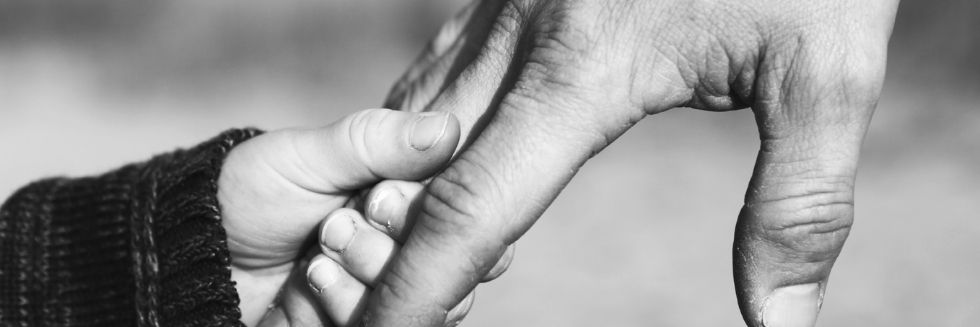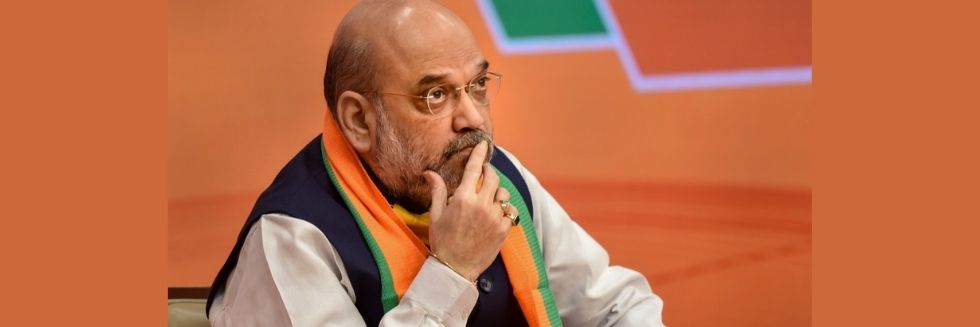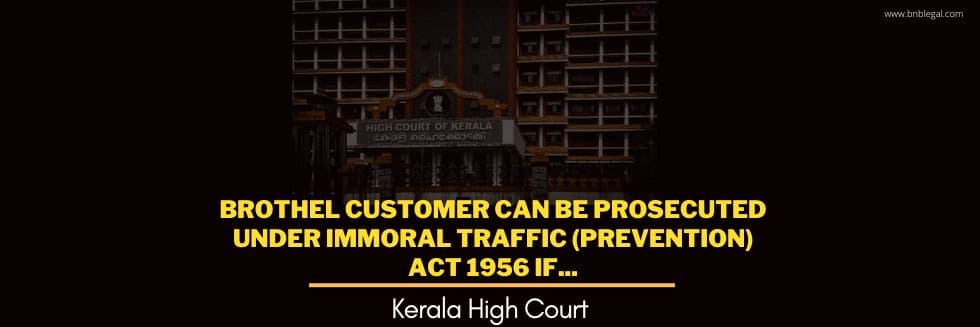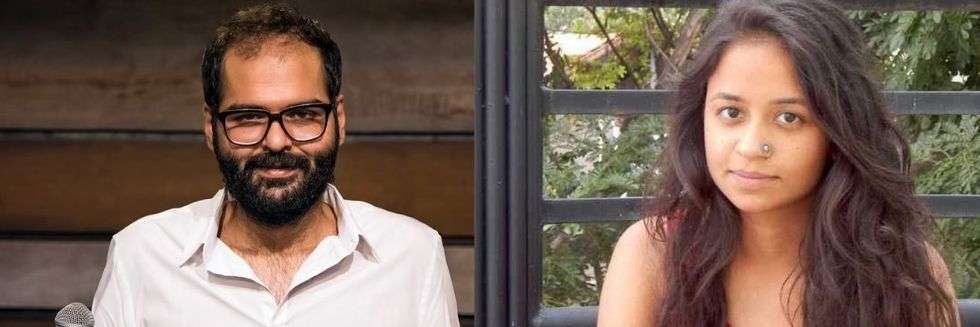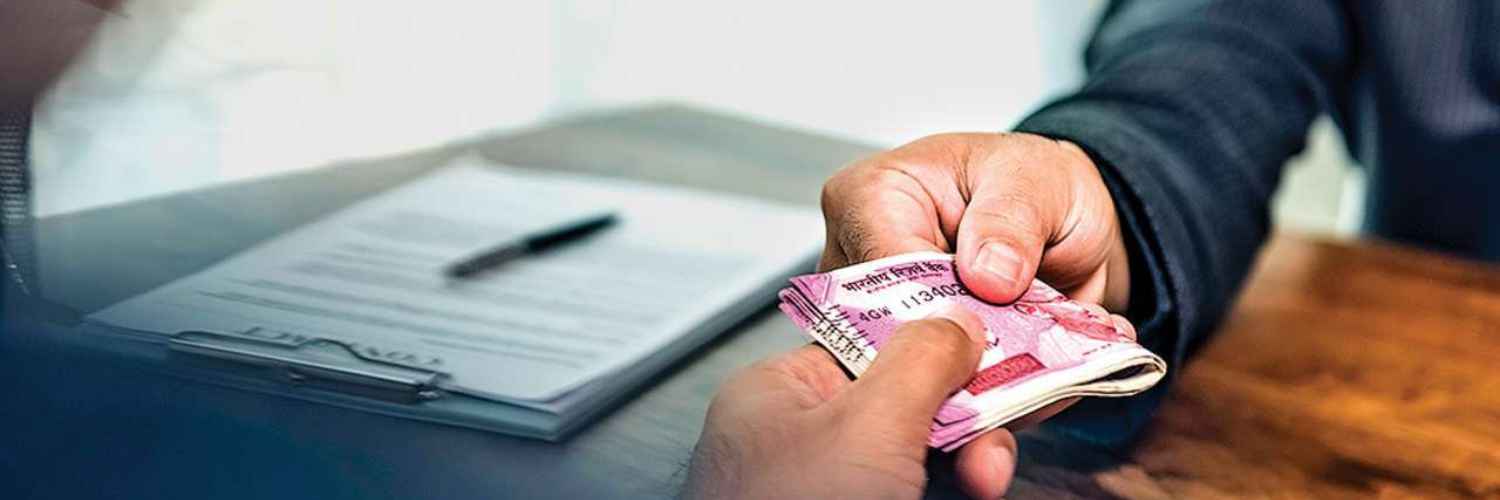Supreme Court bench on Tuesday, held that under the proposition of law, an unmarried Hindu daughter can claim maintenance from her father until she is married, provided she pleads and proves that she is unable to maintain herself.
The bench of Justice Ashok Bhushan, Justice R. Subhash Reddy, and Justice M.R. Shah noted that to avail the benefits under this right, the application/suit must be filed under Section 20 (3) of the Hindu Adoptions and Maintenance Act (HAMA), 1956, and not under Section 125 of the Code of Criminal Procedure (CrPC).
In the case of Abhilasha v Parkash & Others, a girl has challenged the 2011 verdict of judicial magistrate 1st class, Rewari, where she was granted monthly maintenance of Rs 3000 under Section 125 of CrPC from her father from the date of filing the petition till she turned major.
Along with the unmarried daughter, her mother and two minor sons have also filed a petition to claim the maintenance. But they were not granted the maintenance because they failed to plead and prove that they are unable to maintain themselves.
The daughter was entitled to get the maintenance from the date of filing the petition, October 17, 2002 till February 7, 2005.
The Additional Session Judge observed, “The unmarried daughter was entitled to get maintenance until she becomes a major and not thereafter since she was not suffering from any physical or mental abnormality or injury, which are the exceptions which can make a child eligible for maintenance even after becoming a major but is unable to maintain herself.”
Besides that, ASJ also extended the eligibility for maintenance to April 26, 2005, when she turned into a major. Taking strict note of Section 125(1)(c) of the CrPC, ASJ declined her petition seeking maintenance to the daughter until her marriage.
Then in 2018, Punjab and Haryana High Court also dismissed their pleas observing that there is no illegality or infirmity in the ASJ verdict.
The petitioner in the apex court argued that as per section 20 of the HAMA, 1956, the obligation of the father to maintain his daughter extends until she is married and as the appellate in the matter is unemployed.
While comparing the Section 125 of the CrPC with Section 20(3) of HAMA, three-judge bench noted that the maintenance claim by a daughter who has attained majority is admissible only if the daughter is unable to maintain herself due to some physical or mental abnormality, any injury, or among other exceptions.
The bench stated, “Section 488 of the CrPC sought to inhibit the negligence of woman and children with the intent to serve a social purpose. The provision provided for summary proceeding to enable a deserted wife or helpless child, legitimate or illegitimate, to get urgent relief.”
“The laws are nothing but collective consciousness of community. It is in the interest of the community and social order that woman and child who are neglected be maintained and should be provided a forum to obtain urgent relief to enable them to sustain,” the court observed.
Citing the previous judgment Lnanak Chand v Chandra Kishore Aggarwal and others (1969), the bench stated, “There is no inconsistency between Section 488 of the CrPC. and HAMA and both can stand together. Section 488 of the CrPC provides a summary remedy and is applicable to all persons belonging to all religions and has no relationship with the personal law of the parties.”
Supreme Court noted, “In this case that it would be unreasonable, unfair, inequitable and even preposterous to deny the benefit of Section 125 of the CrPC to the children only on the ground that they are born of Muslim parents. A Muslim father’s obligation, like that of a Hindu father, to maintain his minor children as contained in Section 125 of the CrPC is absolute and is not at all affected by the 1986 Act. The right of an unmarried daughter under Section 20 of HAMA to claim maintenance from her father when she is unable to maintain herself is absolute.”
However, the SC bench also said that the magistrate, in the exercise of power under Section 125 of the CrPC cannot pass an order under Section 20 of HAMA. The court also mentioned that the maintenance concept under HAMA is a vast concept when compared to the Section 125 of the CrPC and Section 3(b) of HAMA gives an inclusive definition of maintenance, including marriage expenses.
The court held, “The larger right under HAMA requires a determination by a civil court, and parliament never contemplated to burden the magistrate while exercising jurisdiction under Section 125 of the CrPC for this purpose.”
